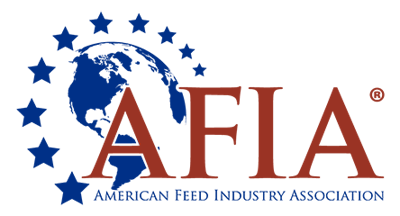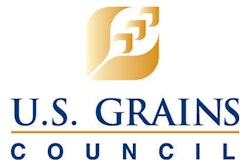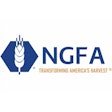
The American Feed Industry Association appreciates the opportunity to provide input to the Office of the U.S. Trade Representatives on the U.S. animal food industry's objectives for the renegotiation and modernization of the North American Feed Trade Agreement.
"We need to keep animal food exports strong and growing in the face of intense global competition, and we strongly support the efforts of the Trump Administration to modernize and strengthen the U.S.'s trading relationship with Canada and Mexico," explained Joel G. Newman, AFIA's president and CEO.
AFIA explained in its comments submitted today there is a strong need to reinforce NAFTA treaty commitments, enforce its trade laws and improve conditions for competition and trade. AFIA also agrees there are opportunities for improvement within the NAFTA agreement, such as in the areas of sanitary and phytosanitary measures, adopting consistent standards for animal health certification and other technical barriers to trade such as regulatory cooperation.
"Our priority is preserving the existing components of the NAFTA agreement that benefit the U.S. animal food industry, while looking for ways to improve this important trilateral agreement," added Newman. "Since NAFTA was implemented in 1994, animal food exports to Canada and Mexico have almost tripled, growing from $725 million in 1994 to $2.7 billion in 2016."
Mexico and Canada are very lucrative markets for the U.S. animal food industry, representing the U.S.'s largest and second largest export markets, respectively, for animal food, animal food ingredients and pet food. U.S. pet food exports to Canada and Mexico alone represent more than 50 percent of total U.S. pet food global exports. This success is a direct result of the tariff-free access the U.S. enjoys with Canada and Mexico.
"Exports in animal feed, pet food, ingredients or meat, milk and eggs equals more jobs in the U.S., which is very positive for U.S. agriculture and the entire U.S. economy," stated Newman. "We look forward to working with USTR as the process moves forward."
















